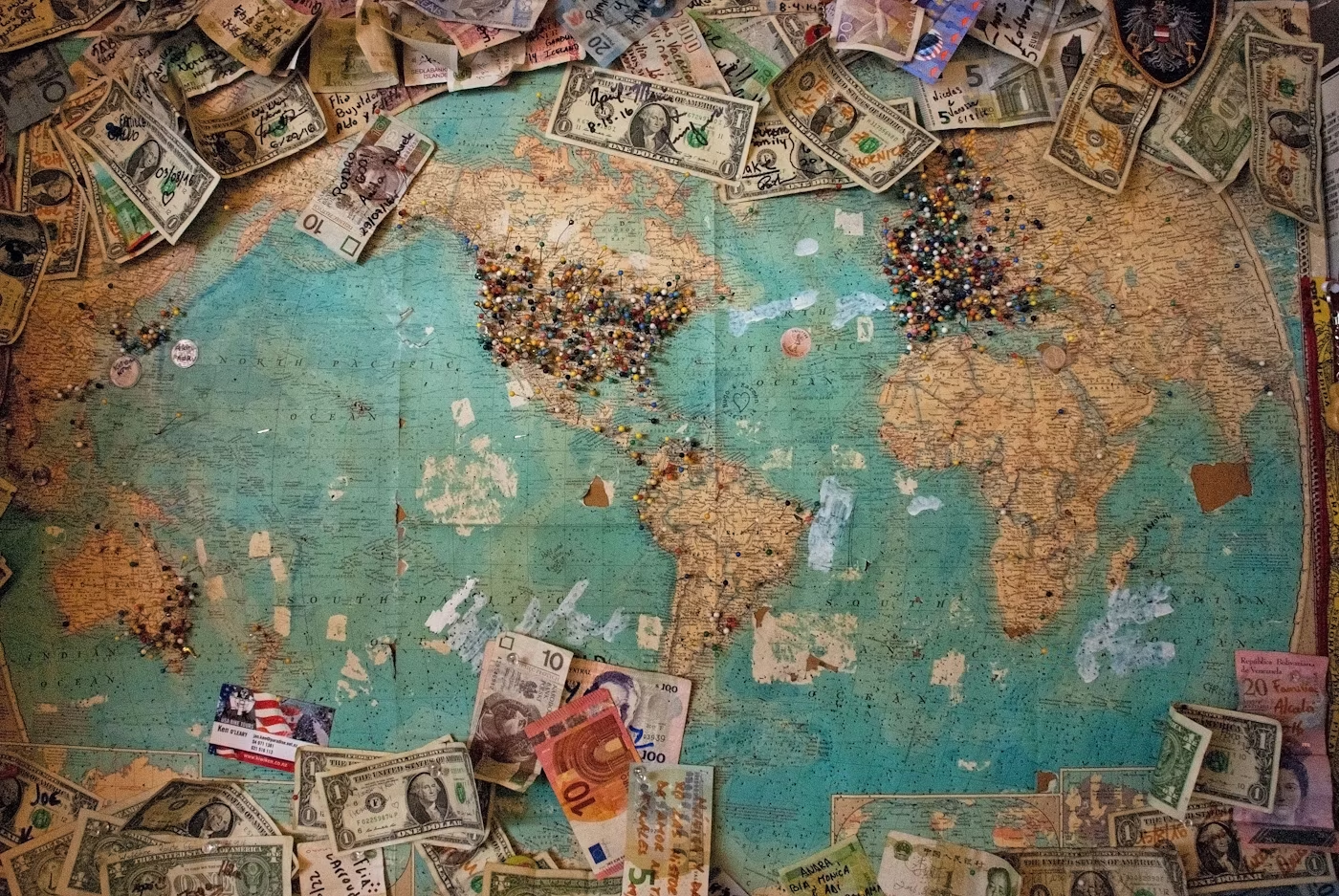Who is the happiest? Every year, a study is conducted where the happiest country in the world is selected. For seven consecutive years, Finland has secured its place at the top of this esteemed list. In a world where happiness often feels elusive, an annual beacon shines a light on the path to contentment. The World Happiness Report, a collaborative effort between Gallup, the United Nations, and the University of Oxford, offers a glimpse into the collective well-being of nations. The World Happiness Report offers insights into global well-being through various metrics. The top five countries in this year’s study are 1. Finland, 2. Denmark, 3. Iceland, 4. Sweden and 4. Israel. Among the top countries the Scandinavian countries usually place in the top.
For seven years running, Finland has emerged as the epitome of happiness in the World Happiness Report. What sets this Nordic nation apart? It’s not just the breathtaking landscapes or the midnight sun; it’s a combination of factors that nurture the Finnish spirit. With robust social support systems, equitable access to healthcare and education, and a culture of trust and cooperation, Finland fosters an environment where happiness thrives. The Finnish concept of “sisu,” denoting resilience and determination, further fuels their collective well-being. In essence, Finland serves as a beacon of hope, demonstrating that true happiness transcends material wealth.
While the World Happiness Report provides valuable insights, it’s crucial to acknowledge its limitations, especially in the context of current global challenges. Amidst the backdrop of a world grappling with crises, from the COVID-19 pandemic to socio-economic disparities and environmental degradation, the pursuit of happiness seems elusive for many. Countless individuals are facing their worst nightmares, grappling with loss, uncertainty, and despair. In such dire circumstances, relying solely on traditional happiness metrics may overlook the profound suffering experienced by marginalized communities and vulnerable populations. As the world contends with these pressing issues, it’s essential to adopt a more nuanced approach to happiness measurement—one that acknowledges the stark realities faced by millions and seeks to address their needs. By amplifying voices of those most affected and reorienting our priorities towards collective well-being, we can pave the way for a more inclusive and compassionate society. Furthermore, the metrics used, such as GDP per capita and life expectancy, may overlook crucial aspects of well-being, leading to a skewed representation of happiness. It’s imperative to question the definition and measurement of happiness to ensure a comprehensive understanding.
To enhance the accuracy and relevance of happiness studies, a holistic approach is warranted. Beyond economic indicators, factors like mental health, environmental sustainability, and social cohesion should be incorporated into the measurement framework. By adopting a multidimensional perspective, we can capture the nuanced facets of happiness and tailor interventions to address specific areas of improvement. Additionally, fostering a culture of empathy, compassion, and inclusivity can contribute significantly to collective well-being.
As we navigate the complexities of happiness, it becomes evident that true contentment transcends material wealth and societal status. While Finland may lead the pack in happiness rankings, the pursuit of happiness is a global endeavor. By reimagining our approach to happiness measurement and embracing a holistic paradigm, we can pave the way for a more fulfilling and equitable world. As we strive to unlock the secrets of happiness, let us remember that true fortune lies not in possessions but in the richness of human connection and compassion.



